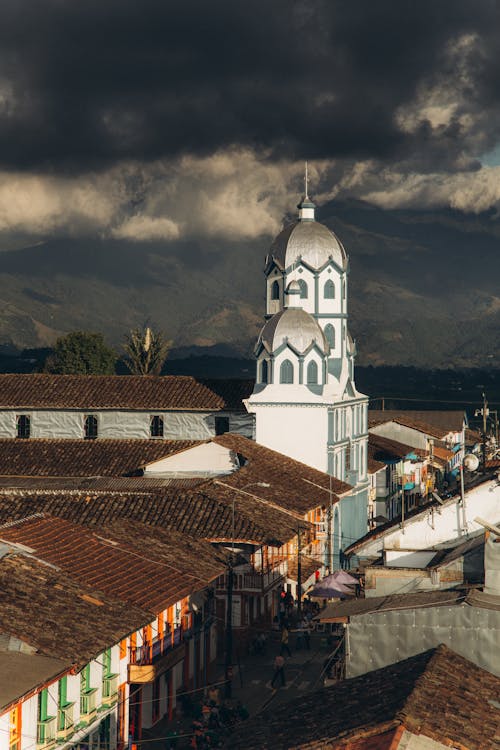Pro-Palestine demonstrators at Columbia University have occupied Hamilton Hall, an academic building, as part of their protest over the war in Gaza. Students were warned they would face disciplinary action if they failed to move by 14:00 EST (18:00 GMT) on Monday. However, as the deadline passed, dozens of students rallied at the site. Columbia Students for Justice in Palestine (SJP), one of the main protest groups, vowed to defy the order and called on activists to "protect the encampment".
Columbia's campus has become the focal point of the country's debate over the war in Gaza and US support for Israel, as well as fears that antisemitism is putting Jewish students in danger. A group of House Democrats urged its board of trustees to resign if it could not "act decisively, disband the encampment, and ensure the safety and security of all of its students." Columbia's annual tuition and fees add up to around $90,000 (£72,000) for undergraduates, making it one of the most expensive universities in the US.
On 18 April, police raided a pro-Palestine encampment on the center of campus and arrested more than 100 students. But activists redoubled their efforts, regrouping in another encampment and prompting university leadership to move to hybrid learning. A statement from Dr. Minouche Shafik on Monday said talks between academic leaders and student organizers had failed to result in the take-down of the encampment. She also reiterated that while Columbia planned to explore a range of ideas to address student concerns, it "will not divest from Israel."
Several hours after Monday's deadline passed for students to take down their camp, the university's vice-president of public affairs said they had begun suspending students - temporarily barring them from campus, with those scheduled to graduate no longer eligible to do so. University officials have said the suspensions are being imposed, in part, to avoid any disruption to graduation ceremonies on 15 May. As the afternoon deadline came and went, the cluster of tents on the Morningside campus remained in place.
The Columbia protest has sparked similar demonstrations by students across the country. The BBC is tracking protests or encampments on campuses in at least 22 other states and Washington DC. They have also been reported in Canada and Australia.
Among the other places where arrests were made on Monday were the University of Georgia. At Cornell University in upstate New York, a "first set of immediate temporary suspensions" were given out, the college said in a statement. And at the University of California, Los Angeles (UCLA), tensions remained high after rival groups clashed when a barrier separating them was breached.
Amid alleged incidents of hate speech, harassment, and threats of violence by some participants, Jewish students on numerous campuses have voiced concern about their safety. Congresswoman Elise Stefanik, a New York Republican, accused Columbia of "empty threats and weak leadership." Other Republicans, including former President Donald Trump, have highlighted antisemitic chants and incidents at the protests. The White House is walking an increasingly fine line over the campus protests, seeking to balance the right to peaceful protest with condemnation of hate speech.
Columbia protesters take over building after defying deadline
April 30, 2024
0
Tags


